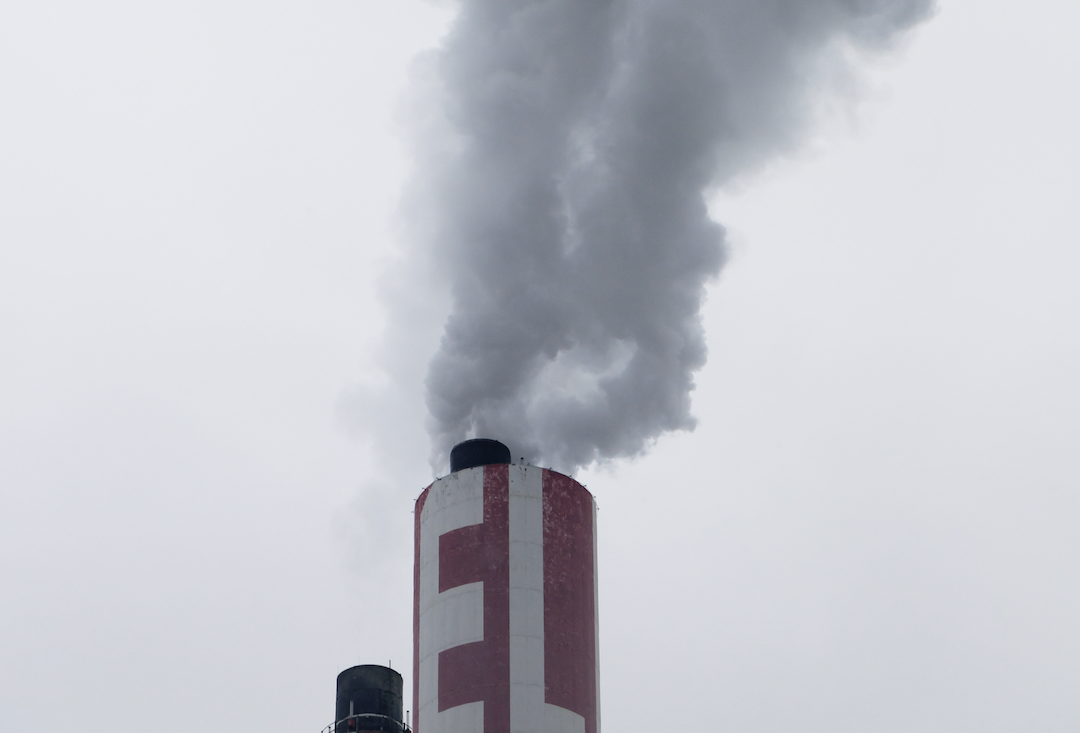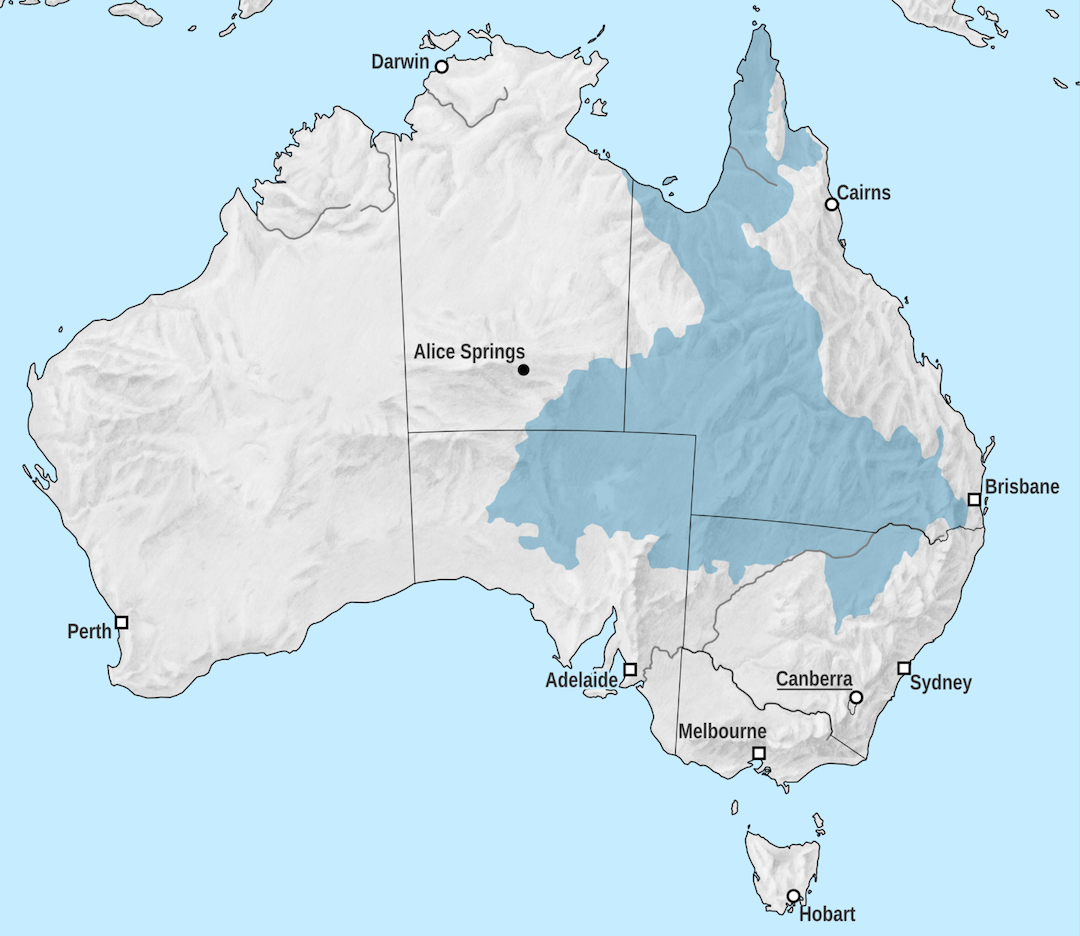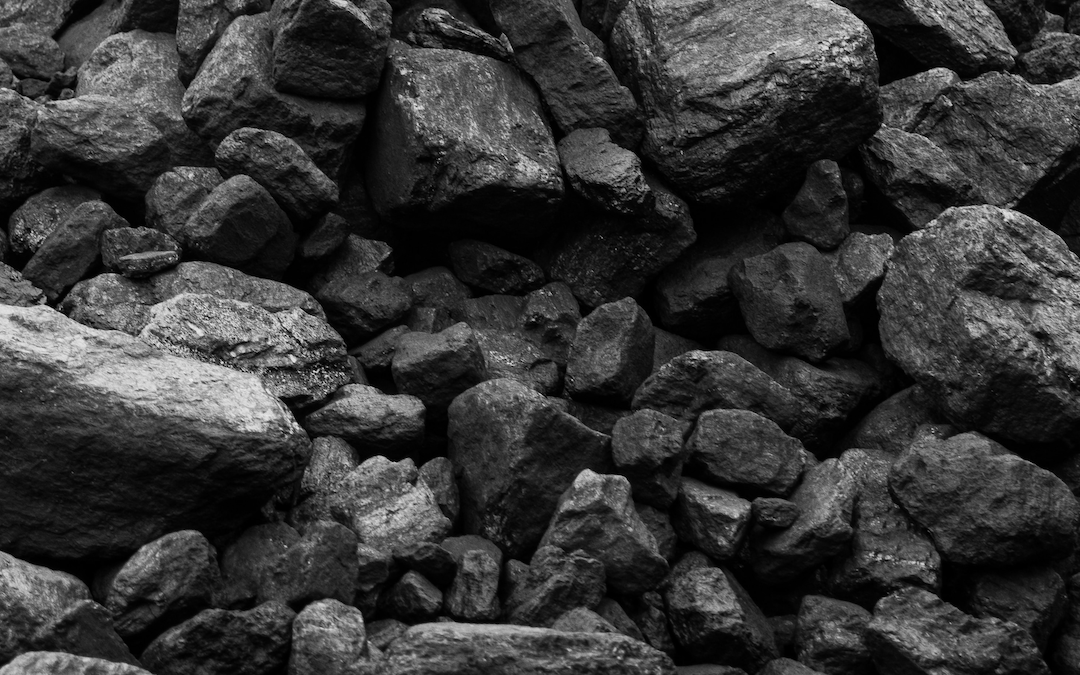Waste from coal mines could be released into Australia’s biggest underground water supply.
Farmers are calling for urgent action to halt a carbon capture and storage project which would see 110,000 tonnes of liquified carbon waste deposited into the Great Artesian Basin.
A snapshot of the proposal
The CCS project is being funded by Glencore, a major US-based coal company with assets in Australia’s coal mining sector. It will be carried out by Glencore subsidiary, Carbon Transport and Storage Corporation (CTSCo), who will be drawing waste from the Millmerran coal fired power station in Southern Queensland.
CTSCo plans to compress this waste from a gas into a liquid, transporting it 260 km to a storage site near the town of Moonie in the Western Downs Region. Here, they will pump 110,000 tonnes of waste into the Great Artesian Basin (GAB) every year over a three year trial period.
According to a statement from CTSCo, they have chosen “a very deep, 2.3 kilometre, low-quality sandstone aquifer 50km from the nearest bore used for agricultural purposes, and where water quality is low and cannot be used for drinking or agricultural use.”

CTSCo plans to compress coal waste from a gas into a liquid.
They also claim that there are 35,000 water bores in the GAB which could be used as quality water sources, most of which run at a depth of less than 200 metres.
However, at least 30 Aussie businesses have water entitlements for the chosen aquifer, and an additional 180 use the water for stock and domestic purposes.
More than a few concerns
The Great Artesian Basin runs beneath one fifth of Australia, and is worth $13 billion to the economy. It supplies large amounts of water to farmers and regional producers, who rely on bores to support their commercial and personal water supply.
Hydrogeologist Ned Hamer revealed that pumping carbon dioxide fluid into the water in the GAB would increase groundwater acidity by 10,000 percent, dissolving aquifer rock and leading to the release of heavy metals such as lead and arsenic. Contaminating the water supply would have major impacts on food producers, and those using the source for domestic purposes.
The decision to deposit coal waste is strongly opposed by several farming and environmental groups.

A map of the Great Artesian Basin
Farmers for Climate Action emphasise the need to protect producers’ water supply from pollution, in order for them to continue farming
“Putting coal mine waste into our Great Artesian Basin is a reckless experiment with agricultural water,” says Natalie Collard, CEO of FCA.
“The threat to farmers’ water security from this carbon capture and storage project, from other coal and gas proposals across the nation, and from climate change, are real and must be taken seriously if we want to keep farmers farming. Polluters cannot be allowed to put their toxic waste in farmers’ water supplies.”
Similarly, the National Farmers Federation believes that this plan could permanently disrupt production in Australia.
According to NFF President, David Jochinke, “By injecting coal mine waste into this vital water source, it puts food production at serious risk.
“Once you pollute the Basin with toxic waste from a coal mine, there’s no going back from that.”
The carbon capture and storage project is opposed by other major groups including the Queensland Farmers Federation, AgForce and the Murweh Shire Council Mare.
“It’s time we hold polluters accountable and prioritise water security and food security, which are key planks of national security. Having a stable, locally grown food supply is not optional,” concludes Ms Collard.
To learn more about mining in Queensland for 2024, click here.

